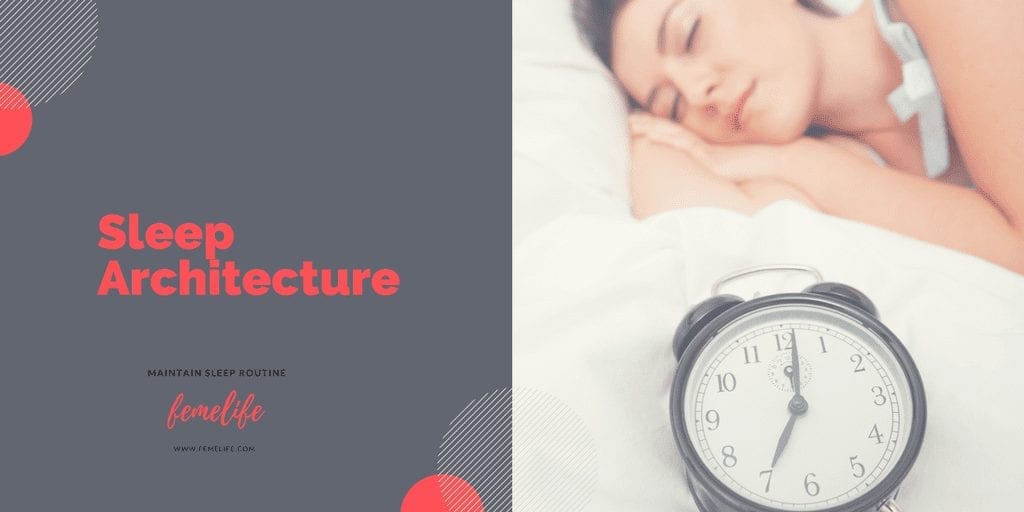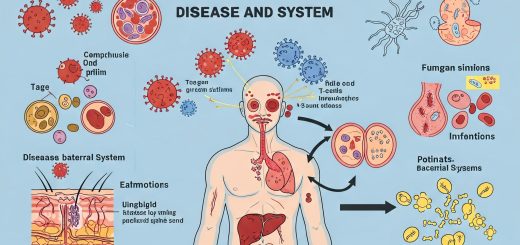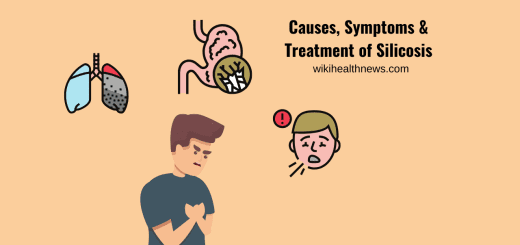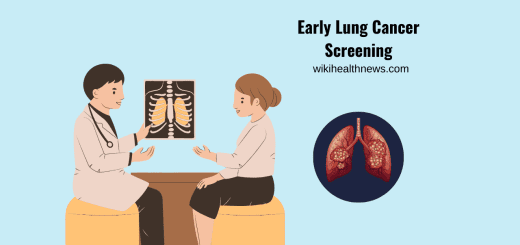HOW SLEEP AFFECTS OUR LIFE

Why we should be concerned about sleep in our life?
Nearly all pituitary hormones in our body follow a 24hours rhythm and their profile is related to the presence and quality of sleep. This cycle is known as circadian rhythm and certain stereotypical changes in nearly all hormonal and metabolic variables are observed in and around sleep. These changes in view of sleep-wake cycling is derived from an insight into a patient’s laboratory values drawn at varied times through a 24-hour period.
Do sleep disturbances cause disease?
Serious medical and psychological disease have been found with sleep deprivation. Sleep quality can be a tool for assessment of disease. Certain sleep disorders are common in many endocrine diseases. Excess growth hormone can cause sleep apnea,
Excessive androgens can worsen OSA (Obstructive sleep apnoea), as can hypothyroidism. Similarly, thyroid disorders can contribute to debilitating insomnia(sleeplessness), with profound daytime fatigue. Disruptive sleep is now associated with increased risk for diabetes and obesity.
Mood changes associated with sleep deprivation
Irritability
Problems with relationships, especially for children and teenagers
Depression
Anxiety
Physical health changes associated with sleep deprivation
High blood pressure
Heart disease
Stroke
Kidney disease
Obesity
Type 2 diabetes
What are the stages of sleep?
Sleep is organized into non–rapid eye movement (NREM) sleep, a phase of light sleep and rapid eye movement (REM)
Sleep, phase of deep sleep. It may take up to 100 minutes for the first
NREM sleep cycle to finish, but once completed, it heralds the first REM period.
The true hallmark of REM sleep is relaxed muscle, usually manifested by low tone and absence of chin
muscle movement. The only muscles working in REM are the eye muscles and the diaphragm.
How the progression of sleep occurs in a usual night of sleep?
In the human, NREM sleep and REM sleep typically alternate in 90- to 120-minute cycles. Four to six cycles occur during a normal sleep period, depending on the length of sleep. Each cycle is similar, with sleep onset initiating in a phase of light sleep, progressing to phase of deep sleep. In a typical night of adult sleep, 75% is NREM sleep and REM up to 25%. Achieving predominant phase of deep sleep likely has neuroendocrine significance.
How do the sleep stages change during one’s life span?
As we age, total sleep time decreases, and sleep begins to fragment. The time in sleep
declines with age from 16 to 18 hours a day in a new-born to 9 to 10 hours in a 10-year-old to 7 to 8 hours in the average adult, to 6 hours in an 80-year-old. A new-born’s sleep is up to 50% REM sleep (phase of deep sleep), which declines to 25% of sleep by adulthood.
What are the fundamental changes in the nervous system in phase of light sleep versus phase of deep sleep, and what other differences are noted between these phases?
Sleep is characterized by reversible unconsciousness and variable responsiveness to external stimulation. In light sleep phase, there are decreases in breathing, heart rate , blood pressure (BP), and cardiac output. Normal deep sleep is characterized by fluctuations in BP, HR, and RR. Dreaming and somatic muscle hypotonia to atonia (which includes reduced to absent upper airway muscle tone) are also, events in Deep phase of sleep (REM sleep). REM sleep can have a few periods of decreased or absent breathing. Cerebral metabolic rates for glucose and oxygen decrease during NREM sleep, but they increase to above waking levels in REM sleep. To be precise brain reactivates during phases of deep sleep and hence essential for purpose of qualitative thinking and memory.
How sleep decides hormone release?
The secretion of some hormones increases during sleep (e.g., growth hormone, prolactin, and luteinizing hormone), while the secretion of other hormones is inhibited (e.g., thyroid stimulating hormone and cortisol). Some hormones are tied directly to a particularly sleep stage. Growth hormone is typically secreted in the first few hours after the onset of sleep and generally is released during slow-wave sleep (SWS). Cortisol is tied to the circadian rhythm, and peaks in late afternoon, regardless of the person’s sleep status. Melatonin is released in the dark and is suppressed by light. Thyroid hormone secretion occurs in the late evening.
Is duration of sleep related to Diabetes?
Diabetes is a specific disease that affects the endocrine system’s ability to produce the hormone insulin and is, in turn, affected by sleep. Adults who report getting 5 or fewer hours of sleep a night are more likely to have diabetes, compared to people who sleep 7 – 8 hours per night. People who sleep 6 hours/night are 1.7 times more likely to have diabetes than their peers who sleep longer. Interestingly, people who sleep for 9 or more hours also have higher rates of diabetes, so perhaps both insufficient sleep and too much sleep are both unhealthy when it comes to insulin and the development of diabetes.
How fertility hormone release in male changes from youth to adulthood in relation to sleep?
Release of fertility hormones FSH and LH vary with sleep according to gender and stage of maturity. Before puberty, there is daytime pulsatile release of these hormones, which is augmented with sleep onset. At the onset of puberty there is increased nocturnal release of luteinizing hormone (LH) and follicle-stimulating hormone (FSH) pulses.
As the boy enters adulthood, there is increased daytime LH as well, thus making
the variation on a 24-hour cycle less apparent. in adult men, the male hormone testosterone profile is significantly influenced by NREM-REM cycling. The night time LH surges of puberty get reduced in adulthood. The early morning male
testosterone rise starts with sleep onset and increases to maximum levels during last half of sleep (REM predominant). All this suggests that sleep is contributing to testosterone release. The mechanisms for this increase are not yet known.
Hence it is advisable for patients to have their testosterone levels drawn first thing in the morning in a rested state, based on the observations that sleep increases testosterone, wakefulness decreases it.
Is the LH pattern the same in women of all ages?
In women, plasma LH is significantly influenced by the menstrual cycle. However, some sleep modulation of LH levels occurs because the LH pulse frequency slows during sleep. In the early follicular and early luteal phases, the LH pulse amplitude actually increases, although the frequency decreases, and the nocturnal LH pulse frequency slowing becomes more evident. In middle and late follicular and luteal
phases, this slowing is less apparent or absent. In postmenopausal women, FSH and LH levels are elevated without circadian variation.
What is Jet lag?
Jet lag is a sleep disorder arising from crossing time zones in a short period of time. Essentially, the circadian process becomes misaligned with the destination time zone. This is particularly true when flying east, which moves the clock ahead but the individual’s circadian clock remains set the time zone of take-off. This puts the individual at risk for insomnia.
How does aging change hormonal release?
Changes to sleep architecture with aging are thought to lead to hormonal changes. Normal aging is associated with loss of deep phase REM sleep, with increased sleep fragmentation. Hence release of all hormones
Define sleep deprivation. How common is it?
Sleep deprivation can be acute or chronic. By definition, going without sleep for 24 hours is acute sleep loss, whereas sleeping less than 6 hours a night for 6 nights or greater is considered chronic sleep deprivation. People in industrialized nations are sleeping less. In the United States, for example, more than 30% of adults less than 64 years of age report sleeping less than 6 hours per night, a finding leaving no doubt that many patients are accumulating chronic sleep deprivation.
How does sleep deprivation influence glucose tolerance?
In one study, after 1 week of sleeping 4 hours per night, increases in post breakfast insulin resistance were noted. During sleep restriction, glucose tolerance is nearly 40% worse when compared with a group with sleep extension. It is first-phase insulin release that has been found to be markedly reduced. When sleep-deprived individuals go into recovery sleep (sleeping during the day because of prior sleep deprivation), there are marked elevations of glucose and insulin levels, indicating that sleep also exerts modulatory influences on glucose regulation independent of the circadian rhythm.
What are the effects of sleep deprivation on leptin (satiety hormone) and
ghrelin (hunger hormone)?
With sleep deprivation, leptin decreases and ghrelin increases. In longer than average sleep, leptin increases and ghrelin decreases. It has been documented that leptin release is blunted in sleep-deprived subjects and that over a 6-month period, sleep-deprived subjects gain an average of 10 pounds more than do rested subjects.
Is the testosterone decline observed with aging related to changes associated with the sleep pattern of aging?
Aging is associated with less time in sleep and less time in deep sleep. In older men, LH pulses show lower amplitude but increased frequency. The sleep-related rise of testosterone is seen in all age groups.
How do androgens influence sleep?
Exogenous testosterone may worsen existing sleep apnoea or lead to changes associated with sleep apnea. High-dose testosterone administration healthy, elderly men shortens total sleep time and worsen coexisting undiagnosed sleep apnoea.
What are the natural ways to improve sleep?
1 Maintain sleep routine
2 Better sleep inducing environment
3 Avoid addiction to alcohol, nicotine, caffeine, tea, chocolate, cola etc.
4 Regular exercise
5 Avoid afternoon nap if possible
6 Taking bath before going to bed, listening to music, drinking warm milk can be incorporated as a daily habit before going to bed.
7 Drink lot of water and avoid dehydration.
www.femelife.com











